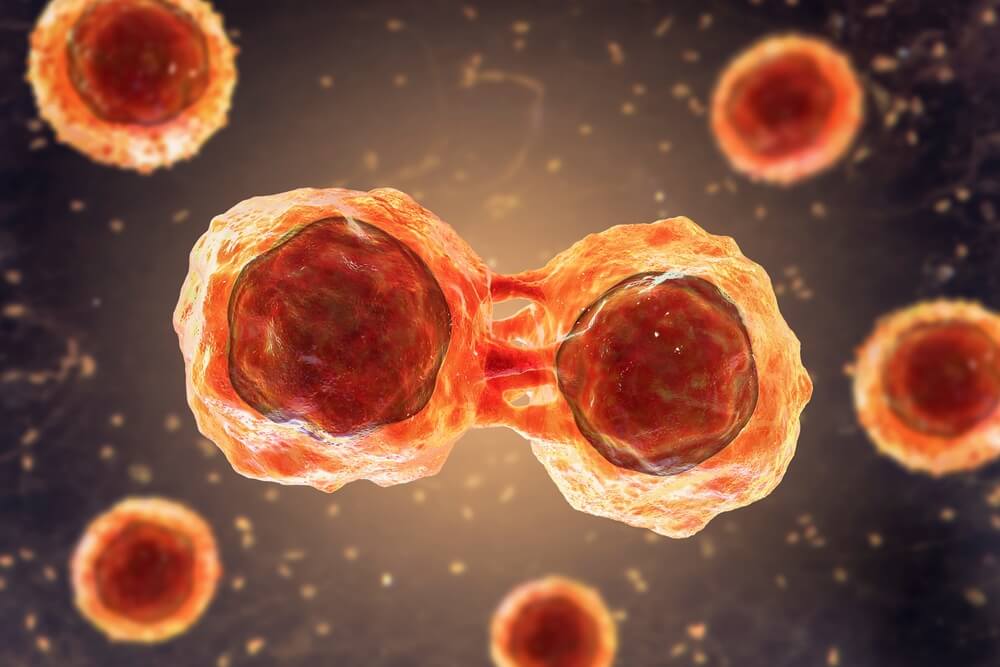Stem cells and related research are all over the news, as amazing new applications for them are being studied, discovered and applied all the time.
This means you may have already heard of them. You may even know exactly what they are. But for anyone who wants a more in-depth knowledge of these potentially life-saving cells, read on.
What is the role of the stem cell?
They are amazing. You have likely heard that said dozens of times but it’s true.
They are the raw material of the body and are the building block for other cells. They have the unique ability to not only divide repeatedly but to differentiate into many other types of cell, including specialised cells. Under the right conditions, they can become anything from muscle cells to vital red blood cells.
See, amazing right? Plus, to top it off, these cells can and are being used for research and medical treatments for a whole range of conditions and injuries. They are key to an exciting and emerging field of medicine known as regenerative therapy.
What are the different types of stem cell?
Most commonly when talking about stem cells we are referring to bone marrow stem cells that are produced in the spongey part in the centre of the bone. However, there are other types that all have their own uses and unique potential.
Bone marrow cells: Produced in the spongey material inside of bones. They are sometimes called “adult stem cells” and these are multipotent (hold the potential to become any of several cell types) which means they can differentiate but, into a limited number of cell types. Bone marrow transplants are used for medical treatments for diseases such as cancer.
Embryonic stem cells: Obtained from early-stage embryos these are the most powerful stem cells. However, due to where they come from they do present some ethical issues.
Cord Blood cells: Also called “perinatal stem cells” these are collected from the umbilical cord and placenta after a baby has been born and the cord has been cut. These cells can be used for treatment and therapy. They are multipotent.
Induced pluripotent stem cells: These are multipotent cells which have been ‘re-programmed’ to be embryonic-like pluripotent cells. The initial cells are taken from an adult, from something like the skin or blood.
How are they be used?
They are being used in both research and treatments.
Looking at bone marrow transplants and cord blood stem cells these can be used in treatments of conditions such as:
- Blood cancers – Leukaemia, lymphoma, and myeloma
- Tumours
- Blood disorders – various types of anaemia
- Metabolic disorders – Hurler syndrome, Krabbe disease
In terms of research and clinical trials, stem cells are always being looked at to see what other conditions they could have a hand in treating. A lot of the research is being done into their regenerative properties and potential to treat brain injuries, heart conditions, diabetes, hearing loss, burns, bone fractures, and much more.
Take a look at what Cells4Life stored cord blood stem cells have been used for to date.
Can you store stem cells?
There are ways you can donate stem cells by becoming a donor or if you want to donate your baby’s cord blood you can, but you must go to one of the hospitals that allow it. It is worth knowing that if you donate publicly, you are then unlikely to be able to access your samples again once they have been collected and stored.
If you want guaranteed access to your baby’s stem cells, you need to store them privately with a company like Cells4Life. Typically, the more you can collect, the more treatment options that will be available to you if they are ever needed.
At Cells4Life, we can store multiple samples for you, which could be the difference between treating a child and a fully grown adult.
Learn more about our exclusive CellsPlus technology, which can provide three times more stem cells at the point of recovery compared to other industry leading technologies available in the UK.
There is a cost for storing cord blood with a private company, but it could well be worth it for the safety net that it can provide. To find out more keep scrolling to get your FREE welcome pack or visit our Pricing page.
FIND OUT MORE, REQUEST YOUR WELCOME PACK TODAY
All you need to know to make an informed decision.
Provide your contact details to request:
– Complete Welcome Pack and Parent’s Guide
– Information via email
– Contact from our specialist advisors









